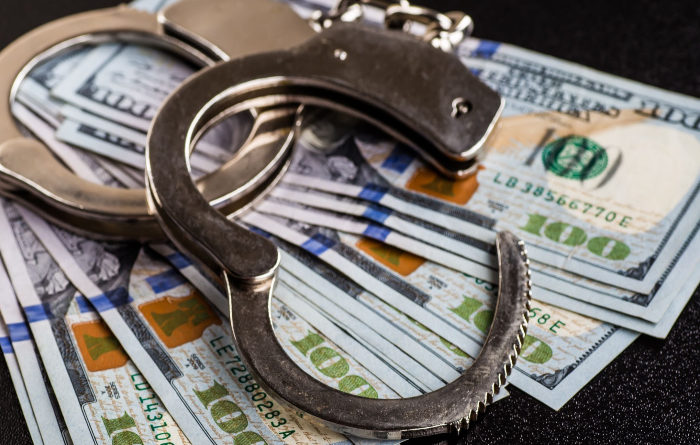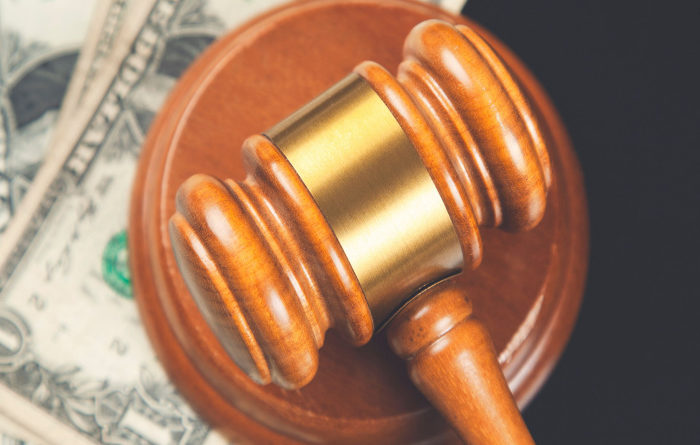Is Bail and Bond the Same Thing? No, bail and bond are not the same, though they are closely related. Bail is the amount of money set by the court to secure a defendant’s release from jail before trial. Bond is a financial agreement where a third party (a bail…
In Kansas, the return of bail money depends on how the bail was posted and the defendant’s compliance with court requirements. Here’s a breakdown… Cash Bail Paid Directly to the Court Refund Eligibility – If you paid the full bail amount directly to the court and the defendant attends all…
Can You Bail Someone Out of Jail If They Have a Warrant? Yes, in many cases, you can bail someone out of jail if they have a warrant, but it depends on the type of warrant and the charges involved. Factors That Determine Bail Eligibility Type of Warrant Arrest Warrant…
Bailing someone out of jail in Kansas involves securing their temporary release while they await trial. Here’s a step-by-step guide to the process… Determine the Bail Amount Contact the jail or detention facility where the individual is held to find out the bail amount set by the court. Choose a…
In Kansas, bounty hunters, also known as fugitive recovery agents, typically earn income based on a percentage of the bail amount for each fugitive they apprehend. This percentage usually ranges from 10% to 20% of the total bail amount. Factors Influencing Earnings Experience and Reputation – Seasoned bounty hunters with a…
In Kansas, the earnings of a bail bondsman can vary based on factors such as experience, location, and employment type. According to Salary.com, as of October 1, 2024, the average annual salary for a bail bondsman in Kansas is approximately $72,660, with a typical range between $55,131 and $95,887. Other…
In Kansas, bond supervision is a pretrial release program where defendants are monitored to ensure compliance with court-imposed conditions while awaiting trial. This supervision aims to promote public safety and ensure defendants attend all court proceedings. Key Aspects of Bond Supervision in Kansas Conditions of Release Defendants may be required…
What Happens to Bail Money If Charges Are Dropped? If charges are dropped, whether bail money is refunded depends on how it was paid. If You Paid Cash Bail to the Court The full amount is refunded after the case is closed. Court fees or fines may be deducted before…
To become a bail bondsman in Kansas, follow these steps… Meet Basic Requirements Age and Education – You must be at least 18 years old and possess a high school diploma or GED. Complete Pre-Licensing Education Enroll in a state-approved pre-licensing education course covering essential topics such as bail laws, courtroom…
In Kansas, either you can leave the state while out on bond depends on the specific conditions set by the court at the time of your release. Typically, individuals released on bond are subject to certain restrictions, which may include limitations on travel outside the state or jurisdiction. Key Considerations……




